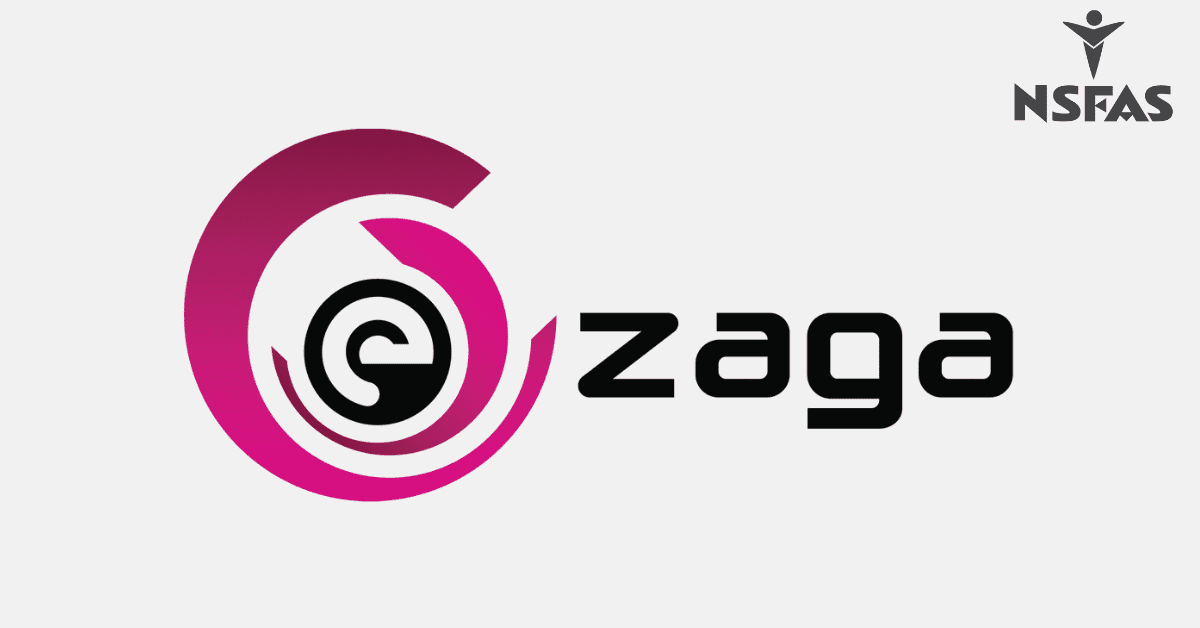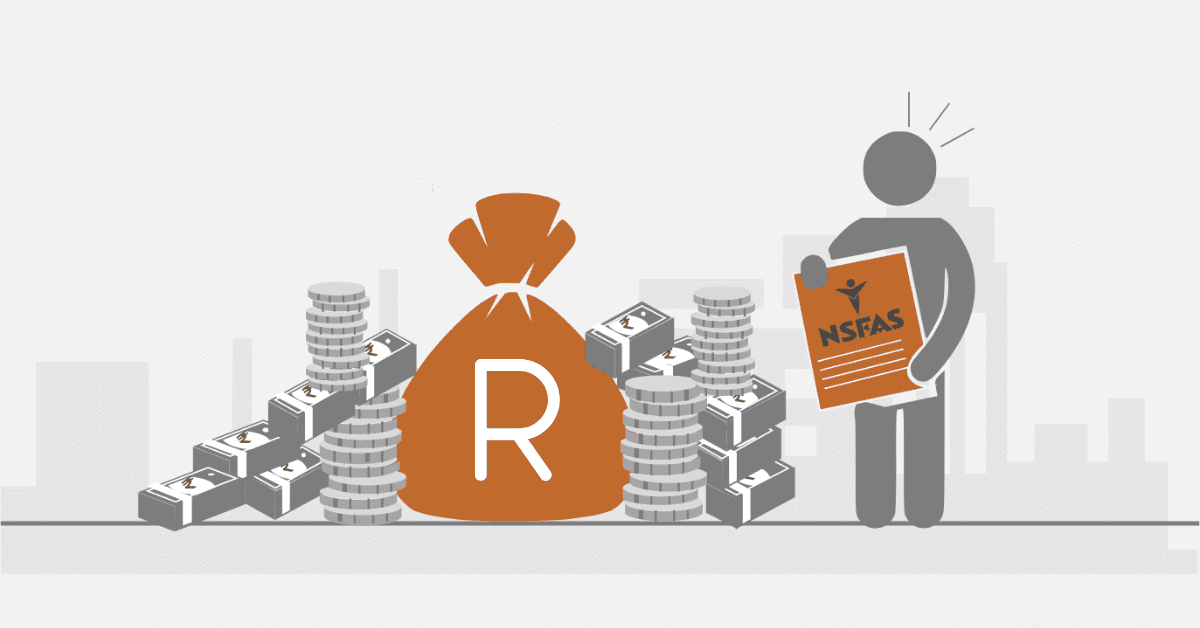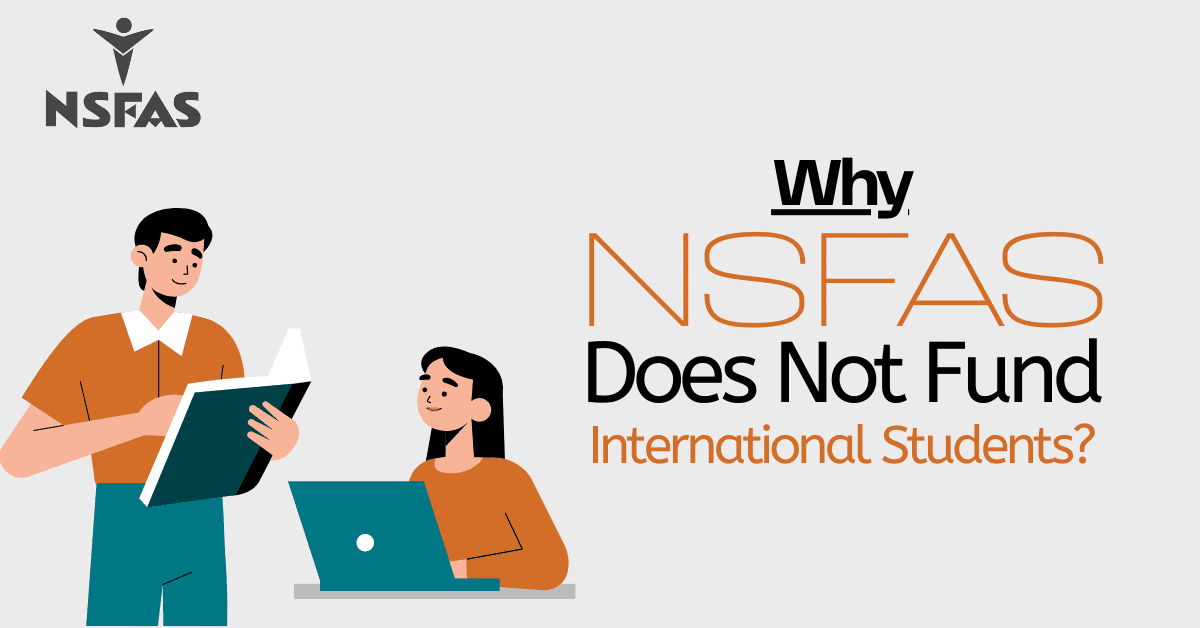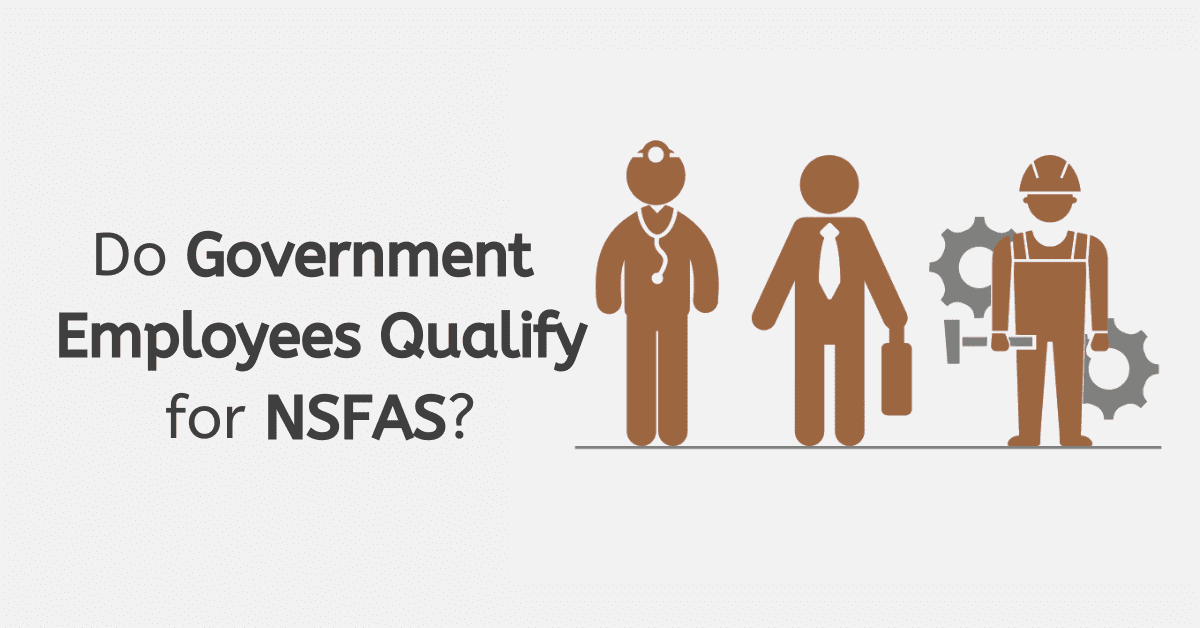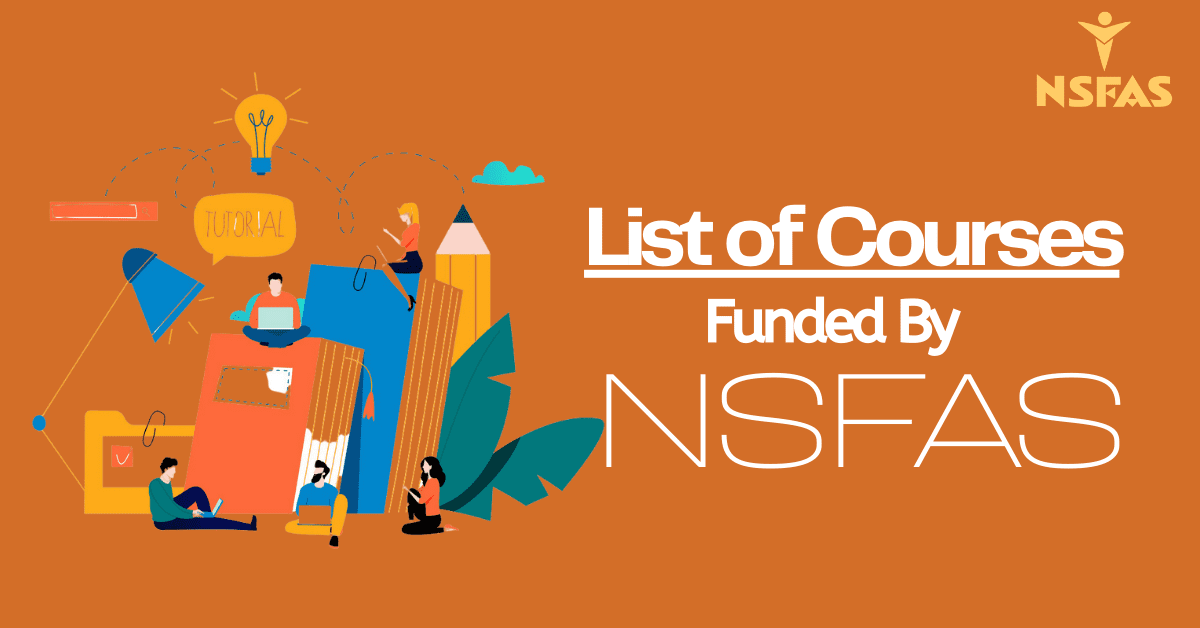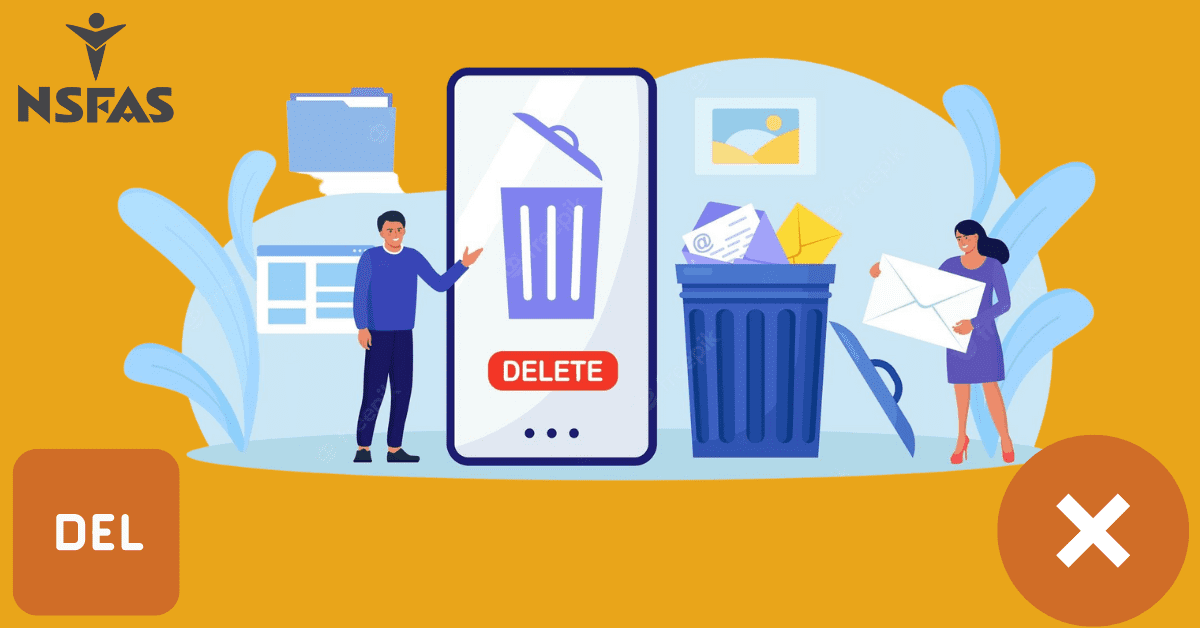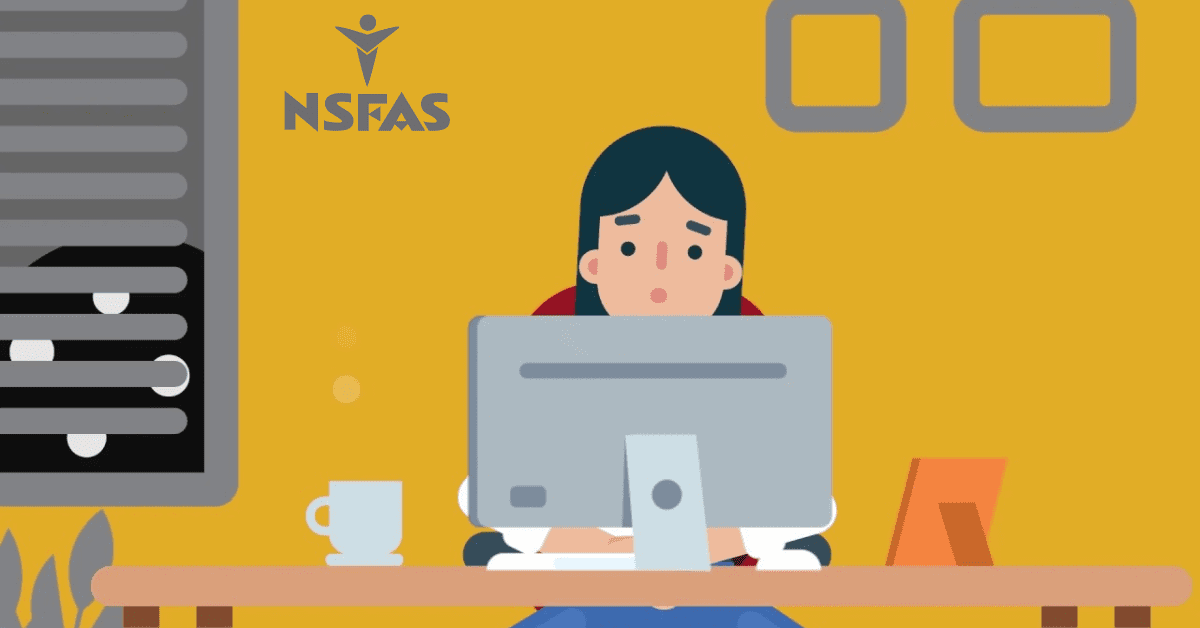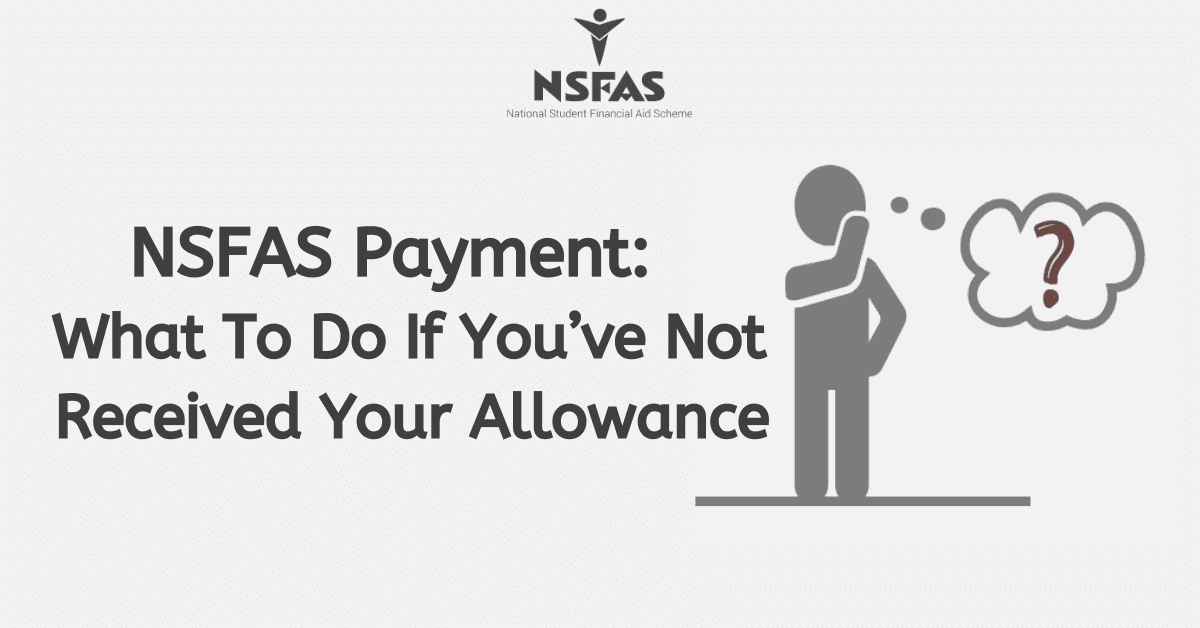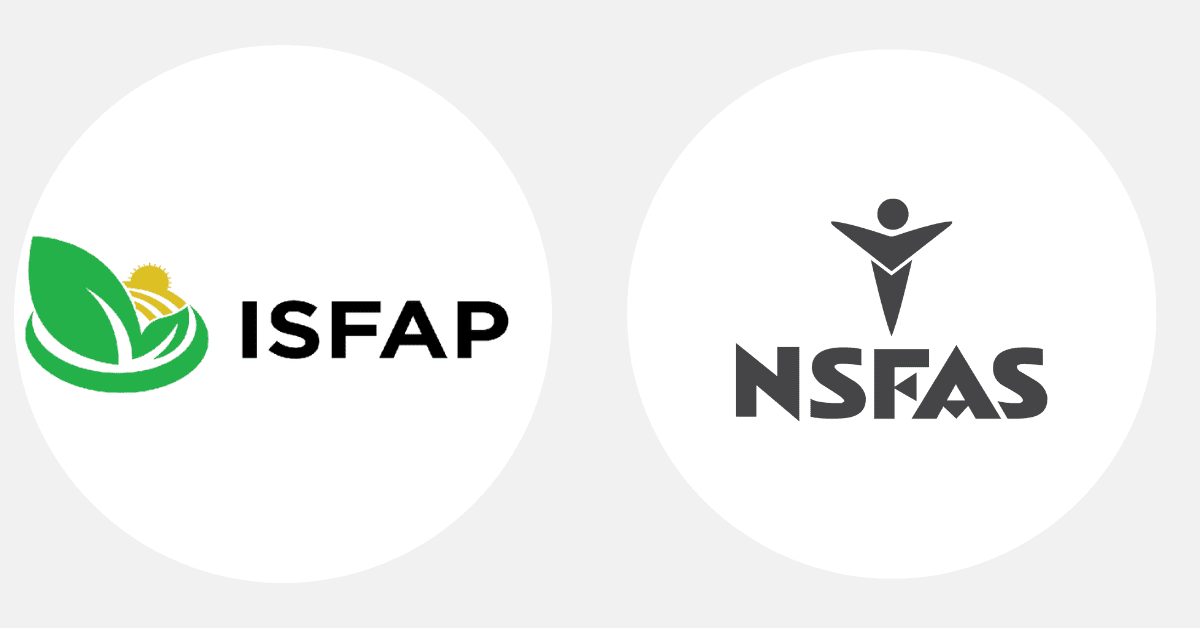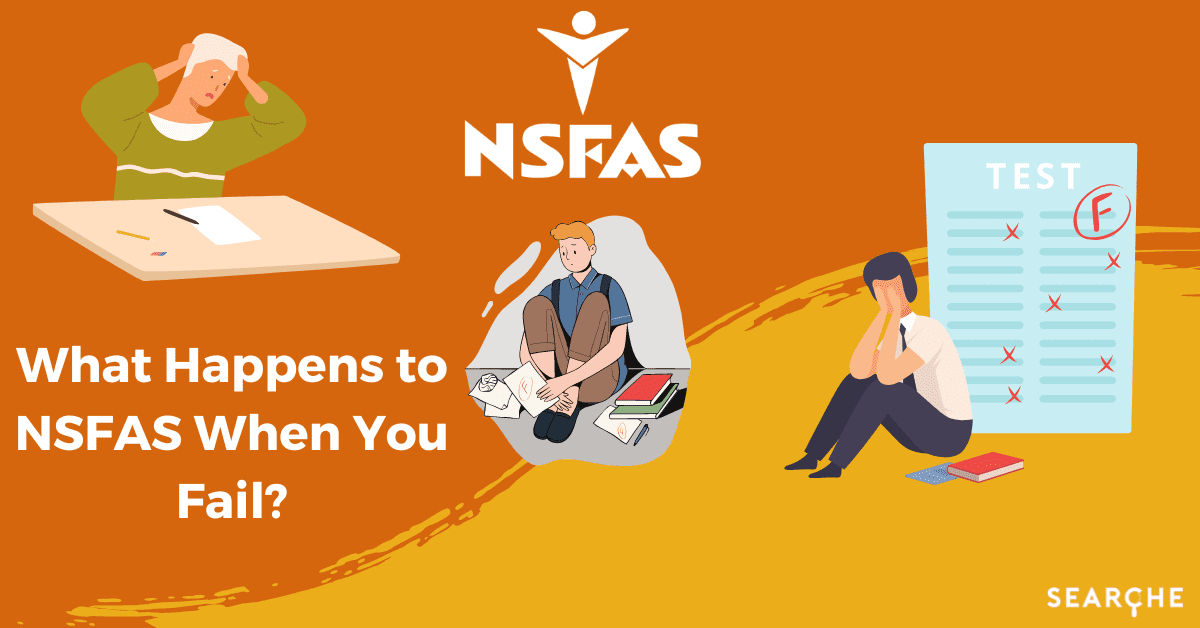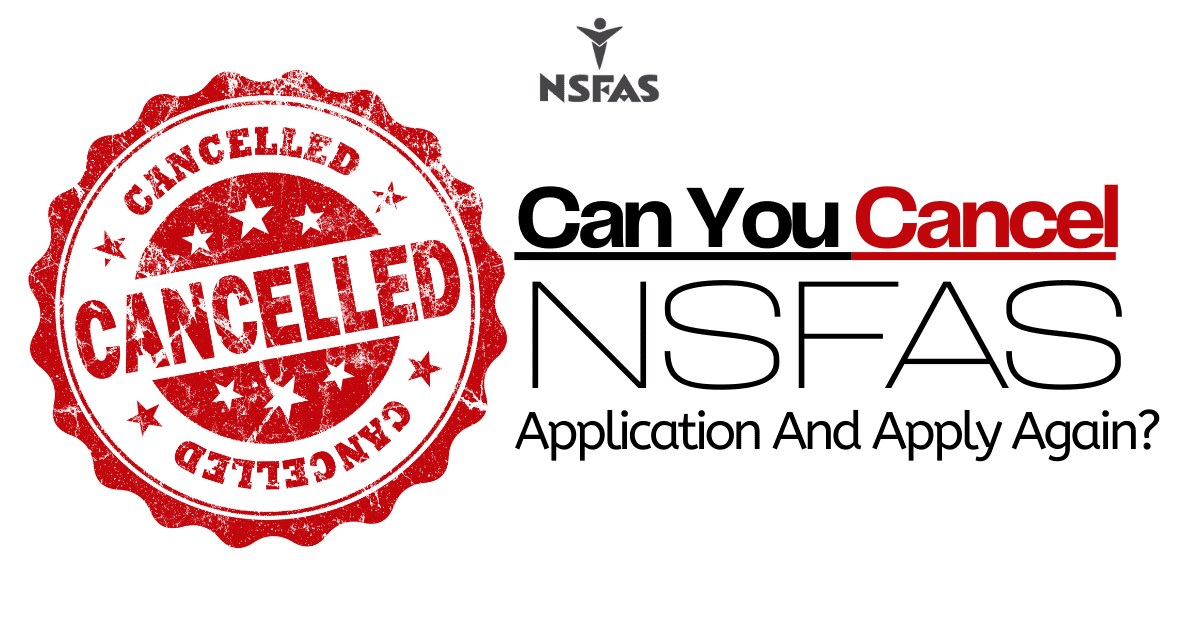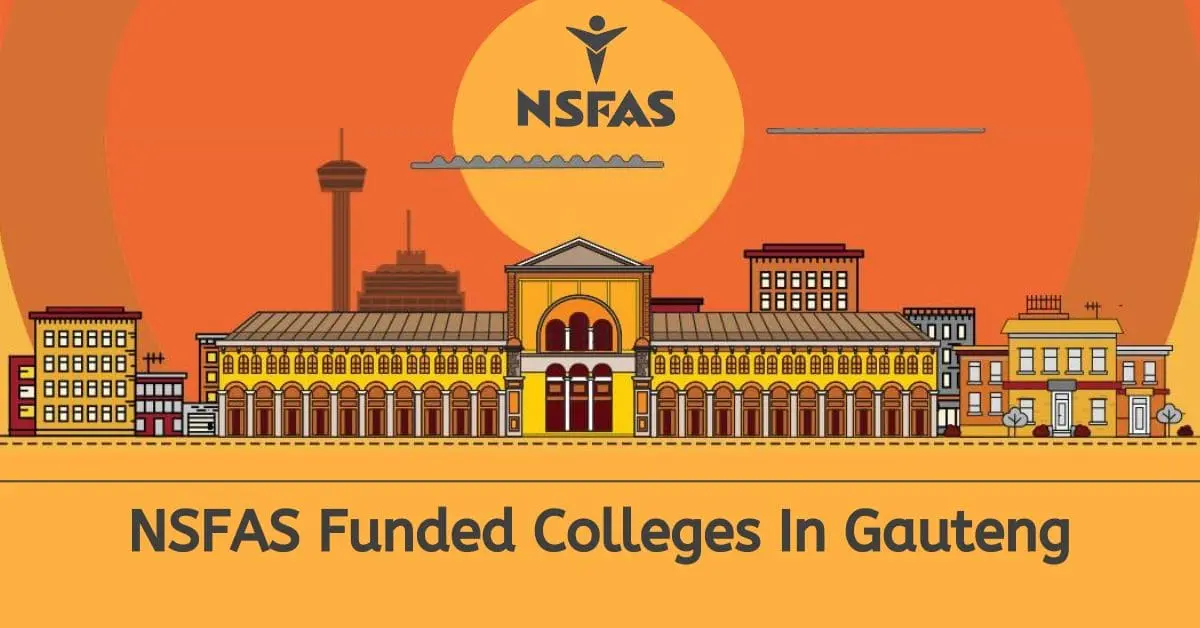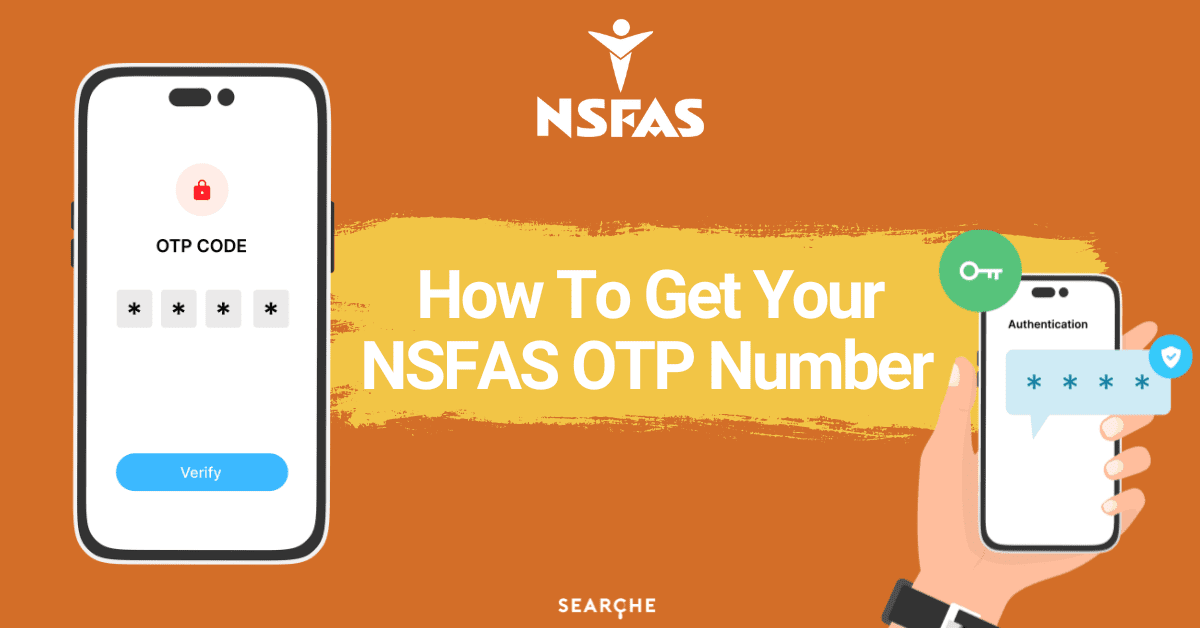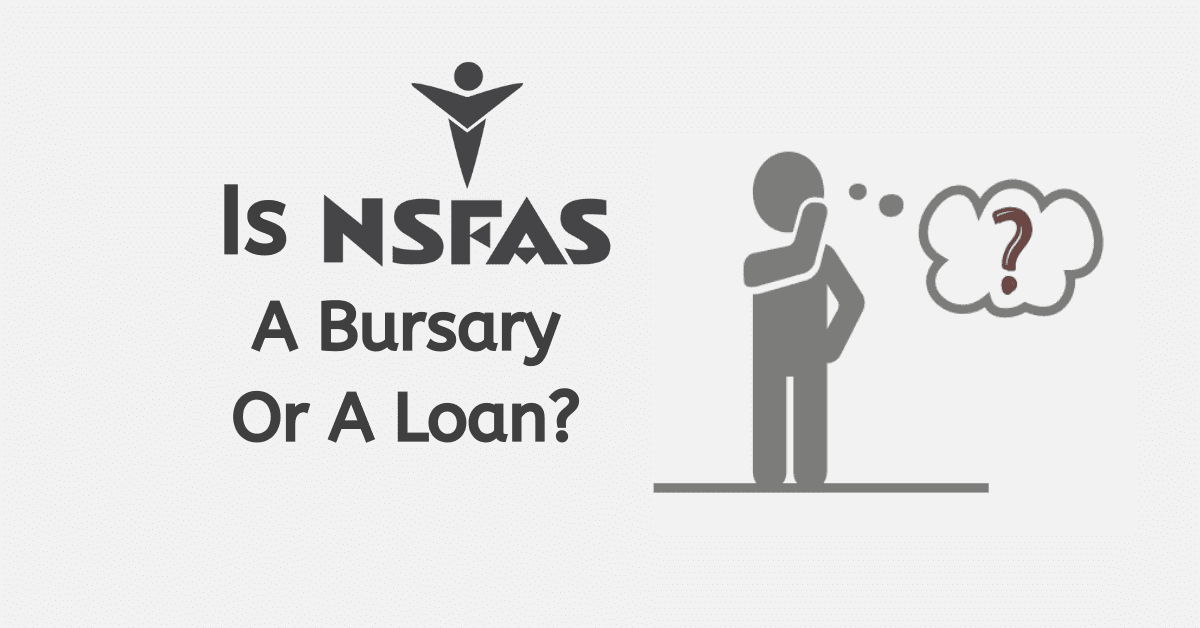Working while studying is a reality for many modern students. If your economic background is unstable or low-income, you may be worried that your need to work through your undergraduate course will impact your ability to gain NSFAS funding. Luckily, you are not automatically disqualified just because you have a job- the NSFAS bursary is offered on overall means, not whether you are working or not. Today we look at this worrying question in greater depth to assist you with planning your studies.
Will NSFAS Fund Me If I Have A Part-Time Job?
Students who have a part-time job will still be eligible for NSFAS funding if their income falls below a certain threshold (currently R350,000 combined household income) and they meet the other eligibility criteria. However, the amount of financial assistance provided by NSFAS may be adjusted based on the student’s income and financial needs. While tuition fees will still be covered in full, you may receive less of the accommodation stipend, for example.
NSFAS requires all applicants to provide detailed information about their financial circumstances, including their income and expenses, as part of the application process. If a student has a part-time job, they will need to provide accurate information about their income from that job as well as any other sources of income or financial support. Remember that the R350,000 total is for the household, not the individual. It is not a good idea to lie about your income to gain the NSFAS bursary, as they do stringent background checks before approval, and you will be caught. This could lead to you being blacklisted altogether.
Students should review the eligibility criteria for NSFAS funding carefully and consult with their institution’s financial aid office or NSFAS directly if they have any questions about their eligibility.
Does NSFAS Cover Part-Time Studies?
While NSFAS will allow you to work, be it full- or part-time, they will not fund part-time studies. You have to be enrolled as a full-time student at your institution to be eligible for the NSFAS bursary. They also do not cover short-form learning modules and courses, even if they are taken through a public university or TVET college.
To qualify for an NSFAS bursary, you will need to enrol full-time with your institution. You also cannot extend the expected length of your studies beyond the N+1/N+2 rule, i.e. 1 to 2 years longer than the recommended completion time. This means you will need to carefully consider if you can handle the additional stress of working full- or part-time while still studying full-time. NSFAS does allow for you to fail some of your modules in a year and retain your funding, but it will not fund retaking them- and failing is hardly ideal.
Can You Work While Receiving NSFAS?
Students who receive financial assistance from NSFAS are generally allowed to work while they are studying. However, don’t fall into the greed trap and think of this as ‘free money.’ Students who receive NSFAS funding are expected to focus on their studies and prioritize their academic work. However, students are allowed to work part-time and even full-time jobs to supplement their income and cover additional expenses as long as their employment does not interfere with their academic responsibilities.
Students who have a job while receiving NSFAS funding will need to report their income to NSFAS as part of the annual review process. Depending on the amount of income earned, the financial assistance provided by NSFAS may be adjusted to reflect the student’s changed financial circumstances. Additionally, remember that your cumulative household income cannot exceed R350,000 per annum, and this will be affected by the income of those who live with you too. It is not just your income under consideration; jobs, grants, and other financial income all count.
Does NSFAS Pay for Working Students?
While NSFAS will pay for any qualifying student who meets the full criteria for the bursary, remember that your household income is a critical part of the eligibility criteria. If you are working, and you and the people who live with you together earn less than the R350,000 annual threshold, you will still receive NSFAS funding. If your job takes you above that threshold, however, you will not qualify.
The intention of the NSFAS program is to help poor, and working-class South Africans lift their circumstances through tertiary education. They do not penalize you for needing to work while you study, as this is a reality in many students’ lives. However, you will need to still meet the overall financial and academic criteria, be able to juggle your workload with the need to be a full-time student enrolled at a qualifying tertiary education institution, and have the discipline and balance to make the situation work for you. While it is not easy, it can be done.
